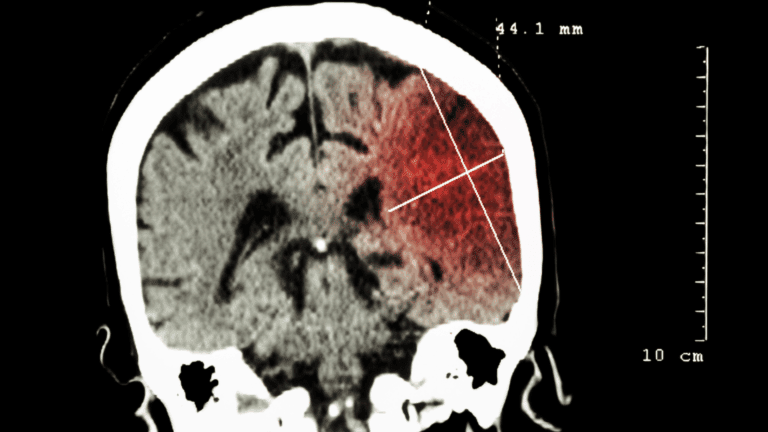
David Conen
A large, international study in patients undergoing non-cardiac thoracic surgery found that the anti-inflammatory drug, colchicine, did not significantly reduce the risk of perioperative atrial fibrillation (AF – a cardiac arrhythmia) or myocardial injury after noncardiac surgery (MINS – heart injury caused by ischemia), but it identified some encouraging signals of benefit.
The study was presented today by PHRI Scientist David Conen during a Hot Line session at the European Society of Cardiology (ESC) Congress 2023 and published in The Lancet.
Perioperative AF (incidence approx. 10%) and MINS (incidence approx. 20%) are common complications after major thoracic surgery. High levels of inflammatory biomarkers have been associated with an increased risk of perioperative AF and MINS. Anti-inflammatory treatment may reduce the incidence of these two important outcomes.
The COP-AF trial tested the hypothesis that the anti-inflammatory drug colchicine reduces the incidence of clinically important perioperative AF and MINS in patients undergoing major noncardiac thoracic surgery. The trial enrolled 3,209 patients aged 55 years or older who were undergoing major noncardiac thoracic surgery at 45 hospitals in 11 countries. Half of patients were randomly assigned to receive colchicine 0.5mg, half to receive matching placebo. All involved personnel and patients were blinded to the treatment assignment. The first dose of the study treatment was administered within 4 hours before the surgery and was continued twice daily for a total of 10 days.
The co-primary outcome of clinically important AF developed in 103 of 1,608 (6.4%) patients assigned to colchicine and 120 of 1,601 (7.5%) patients assigned to placebo, hazard ratio (HR) 0.85 (95% confidence interval [CI] 0.65 to 1.10), p=0.22. MINS occurred in 295 (18.3%) patients assigned to colchicine and 325 (20.3%) patients assigned to placebo, HR 0.89 (95% CI 0.76 to 1.05), p=0.16. The composite outcome of clinically important perioperative AF or MINS occurred in 360 (22.4%) patients in the colchicine group and in 415 (25.9%) patients in the placebo group (HR 0.84; 95% CI 0.73 to 0.97), p=0.02.

PJ Devereaux
“While colchicine did not significantly reduce the incidence of the co-primary outcomes of clinically important perioperative AF or MINS, it did significantly reduce the composite of the two coprimary outcomes. While not definite, the overall trial results provide an encouraging signal of benefit for colchicine to reduce the incidence of adverse cardiovascular outcomes in patients undergoing major thoracic surgery,” said principal investigator David Conen, an associate professor of medicine at McMaster University. He also mentioned that “colchicine significantly increased the risk of non-infectious diarrhoea, but the data indicate that these episodes were temporary and benign.”
“Adverse cardiovascular outcomes are the most common complications among the 300 million patients who have non-cardiac surgery annually around the world. Interventions to reduce this risk are urgently needed. Future trials should further investigate the role of colchicine in the prevention of these events in patients undergoing noncardiac surgery,” explained PHRI Senior Scientist PJ Devereaux, COP-AF trial chairman.
COP-AF was funded by the Canadian Institutes of Health Research, the Accelerating Clinical Trials (ACT) Consortium, the Innovation Fund of the Alternative Funding Plan for the Academic Health Sciences Centres of Ontario, the Population Health Research Institute, Hamilton Health Sciences, the Division of Cardiology at McMaster University, all in Canada; the Hanela Foundation, Switzerland; and the General Research Fund, Research Grants Council, Hong Kong, China.



